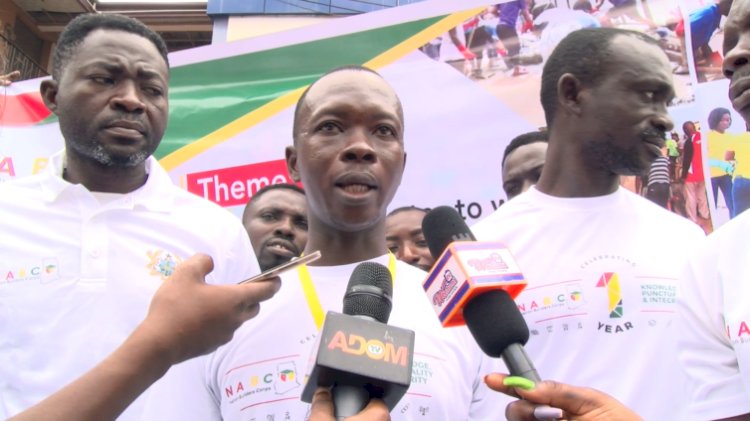Aggrieved NABCo Trainees Hit The Streets To Protest Delay In Salary Payment

Beneficiaries of government’s Nation Builders Corps (NABCo) programme are set to hit the streets today in protest of what they call an undue delay in the payment of their allowances. An extension of their service period by government has not been followed with the necessary financial commitment as many of them are
yet to be paid in the past six months. Recently, some trainees took to social media to demand payment of their allowance arrears, saying life has become unbearable for them. Some also blamed the government for abandoning them, adding that they have been perishing in extreme hunger and deprivation. I
depend on my parents for survival; so, as a NABCo trainee, life has been very unbearable, and as you know, we have been in the corporate environment for a while. Three years now, and honestly speaking, just last week some sections of trainees received September and October allowances, but they were paid selectively, a
beneficiary told the media. Meanwhile, the Minority spokesperson on Employment, Dr Kwabena Donkor, has asked the government to pay the trainees immediately. We are aware of the concerns about non-payment of allowance for close to seven months, and we have articulated same at the plenary. Therefore, we believe
the state has a responsibility to honour its contract, he noted. On Friday, February 11, the Management of NABCo announced that the allowance arrears for Career Path Training Programme (CPTP) and ‘Heal Ghana’ trainees have been processed for payment. Some of the beneficiaries under those batches have
been paid. Kindly note that a section of ‘Revenue Ghana’ will be paid after this first batch of payments. Any arrears owed will equally be processed and paid subsequently, a notice from NABCo Management added. The Akufo-Addo-led administration introduced NABCo in 2017 as part of measures to address
graduate unemployment in the country. The initiative was run under seven modules: Educate Ghana, Heal Ghana, Feed Ghana, Revenue Ghana, Digitize Ghana, Enterprise Ghana, and Civic Ghana.







